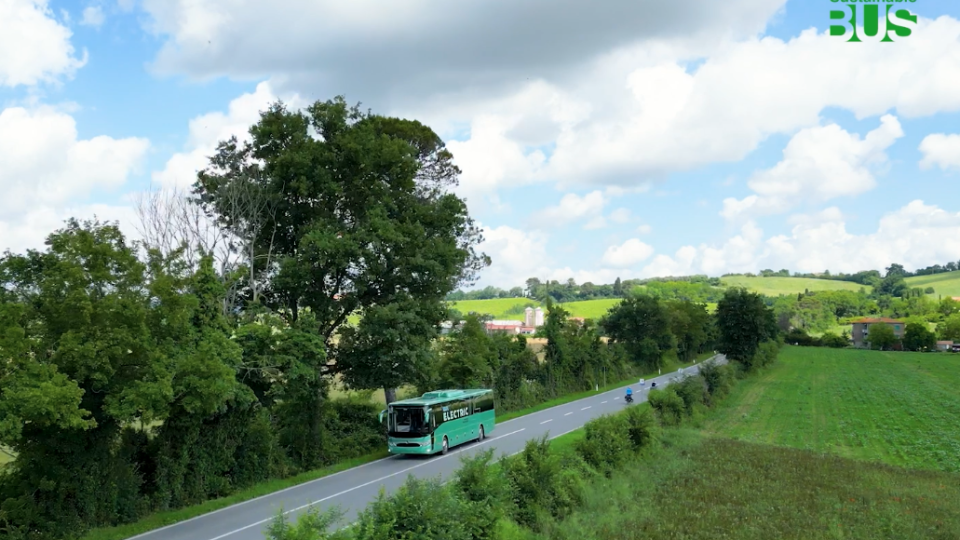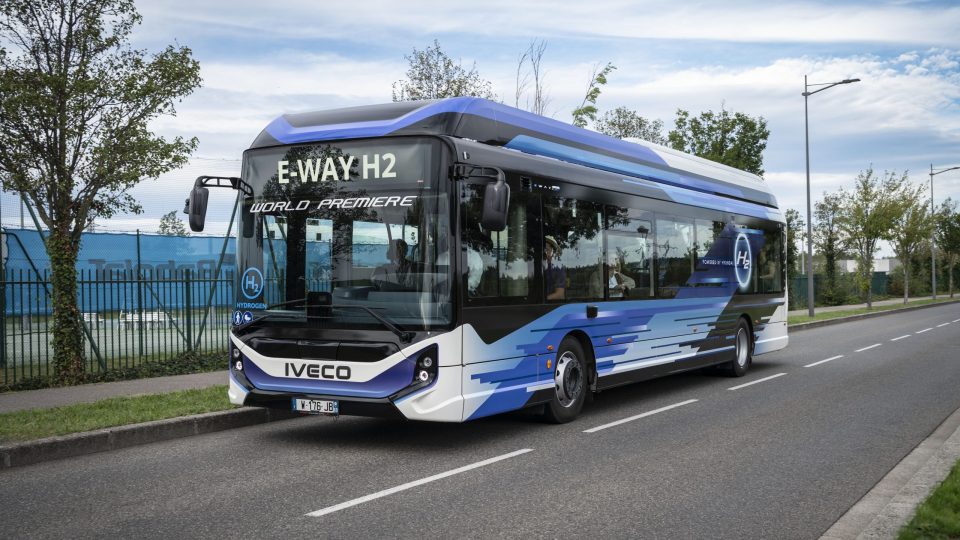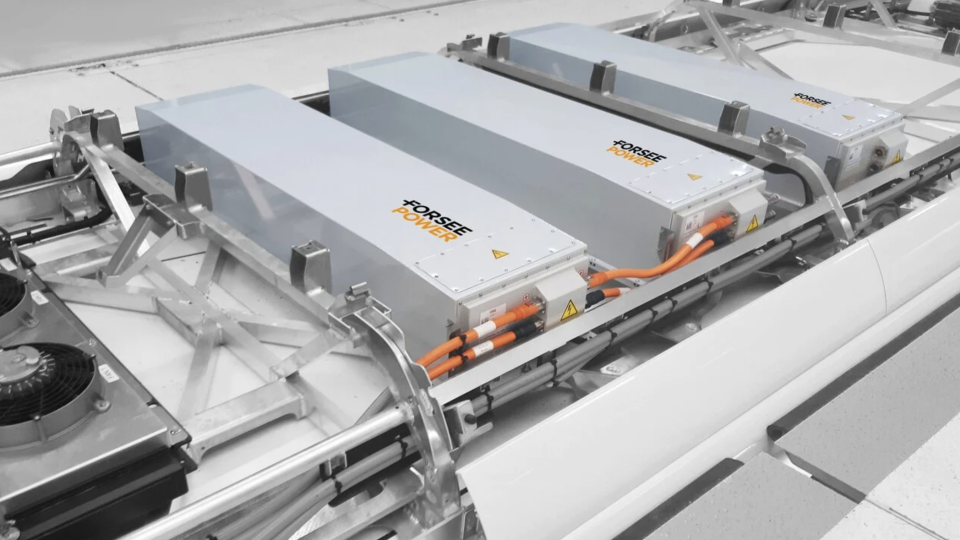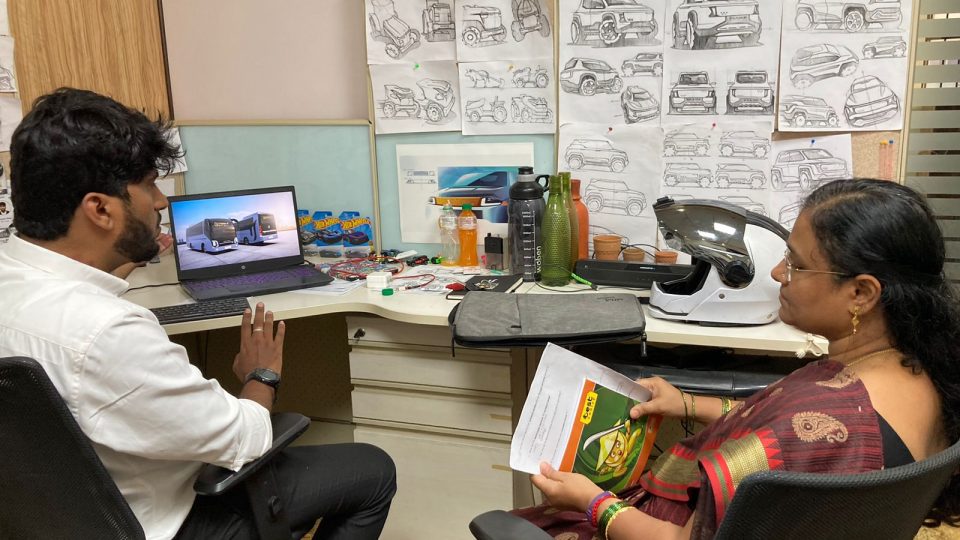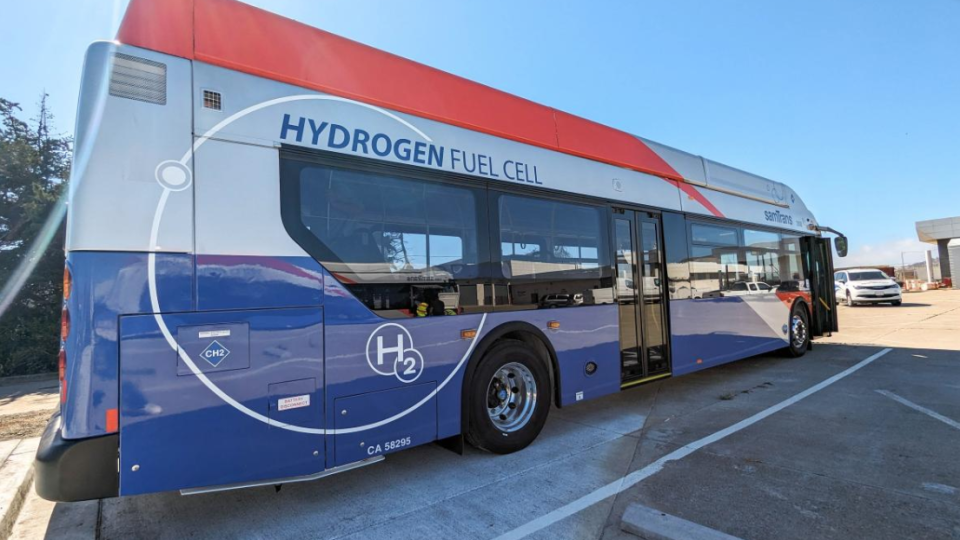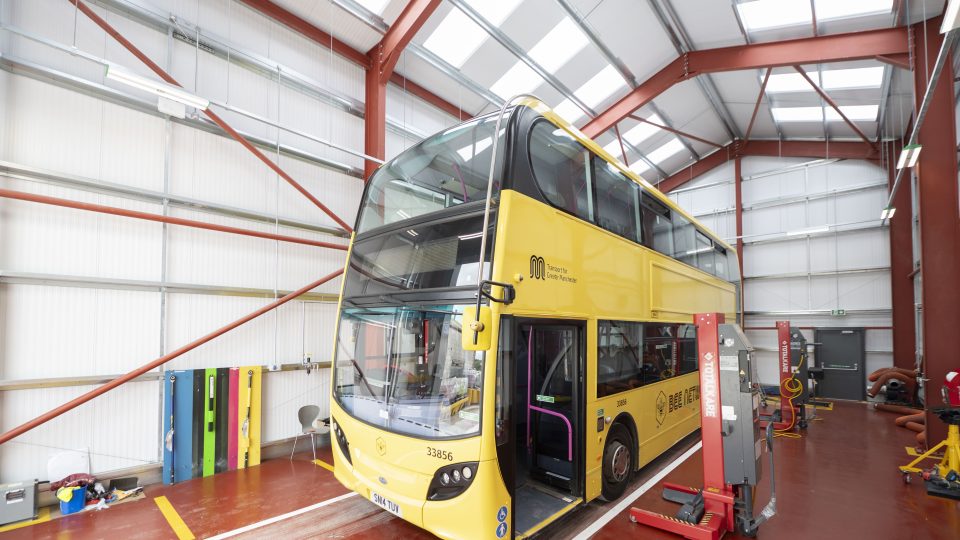IRU calls for pragmatism on CO2 standards for trucks and buses and urges “Giving carbon-neutral fuels a real chance”
IRU calls for more pragmatism from lawmakers in the upcoming legislative process concerning the EU Commission proposal for amendments to CO2 standards for heavy-duty vehicles. The Commission proposed a 100% target for the sale of zero-emission buses from 2030 and a 90% target for other heavy-duty vehicles (trucks and coaches) in a phased approach to […]
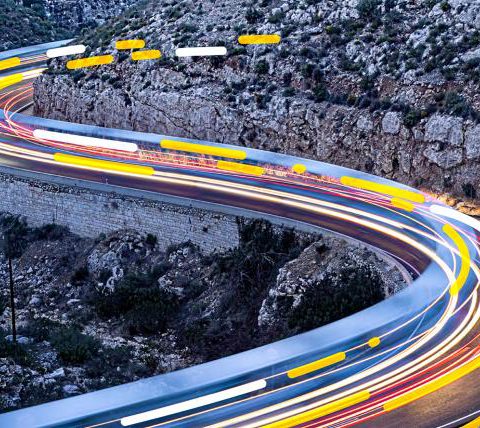
IRU calls for more pragmatism from lawmakers in the upcoming legislative process concerning the EU Commission proposal for amendments to CO2 standards for heavy-duty vehicles. The Commission proposed a 100% target for the sale of zero-emission buses from 2030 and a 90% target for other heavy-duty vehicles (trucks and coaches) in a phased approach to 2040.
“Legislators must ensure that the final approach will give carbon-neutral fuels a real chance to remain on the market”, IRU strengthens.
While coaches fall under the general regime for heavy-duty vehicles, we have some specific concerns regarding buses. Urban public transport seems a specifically good case for electric zero-emission vehicles but buses are also used in inter-city transport, which involves longer distances. While the proposal makes reference to exceptions for special purposes from the 100% target for zero-emission sales of buses as of 2030, it is unclear how these exceptions can be implemented since manufacturers have to reach the target
Raluca Marian, IRU EU Advocacy Director
IRU: raising service level of public transport
«It’s a very ambitious target, and we have to see how we can get from here to there. Actions must begin today. The frustration is that there is no simple solution. The most obvious solution is to put people on buses and coaches. If we can provide a level of service that allow people to reduce car use and take buses and coaches, it would be a milestone. To achieve such result, this must become a priority for governments», told Umberto de Pretto, IRU Secretary General, at Sustainable Bus.
IRU EU Advocacy Director Raluca Marian said, “Commercial heavy-duty transport is a different story to cars. While our sector is fully committed to decarbonise, in this new chapter all options to achieve carbon neutrality should remain open. The EU cannot afford experiments here. By accepting the continuity of the internal combustion engine for heavy-duty vehicles, the European Commission has taken a positive turn in recognising the fundamental differences in technology between these vehicles and cars. The vital role that heavy-duty vehicles play in moving the EU economy and its citizens should remain at the forefront of any lawmaker’s agenda in upcoming discussions,” she added.
IRU, focus on carbon-neutral fuels
Regardless of their origin, carbon-neutral fuels have one essential element in common, IRU underlines: when burned, they largely release the same amount of CO₂ than what was absorbed from the atmosphere during their production, hence offsetting the CO₂ emissions.
“Despite equally contributing to achieving carbon neutrality, the Commission’s proposal leaves the option to use these fuels only for 10% of new vehicles sold after 2040,” said Raluca Marian.
“There are 7 million heavy-duty vehicles on EU roads today. If we, as a sector, can only count on a very small percentage of new sales of vehicles based on combustion, there are doubts that this will be a real and practical option for us.”
Buses and coaches, the European roadmap
“Bringing buses and coaches within the scope of the CO₂ standards is generally a positive move because it provides clarity for future investment,” said Raluca Marian.
“While coaches fall under the general regime for heavy-duty vehicles, we have some specific concerns regarding buses. Urban public transport seems a specifically good case for electric zero-emission vehicles but buses are also used in inter-city transport, which involves longer distances. While the proposal makes reference to exceptions for special purposes from the 100% target for zero-emission sales of buses as of 2030, it is unclear how these exceptions can be implemented since manufacturers have to reach the target,” she added.
In conclusion, Raluca Marian said, “The Commission’s proposal is appreciated in supporting the decarbonisation of road transport, but it is only a necessary first step and several elements have to be better considered by legislators to achieve optimal results.”

